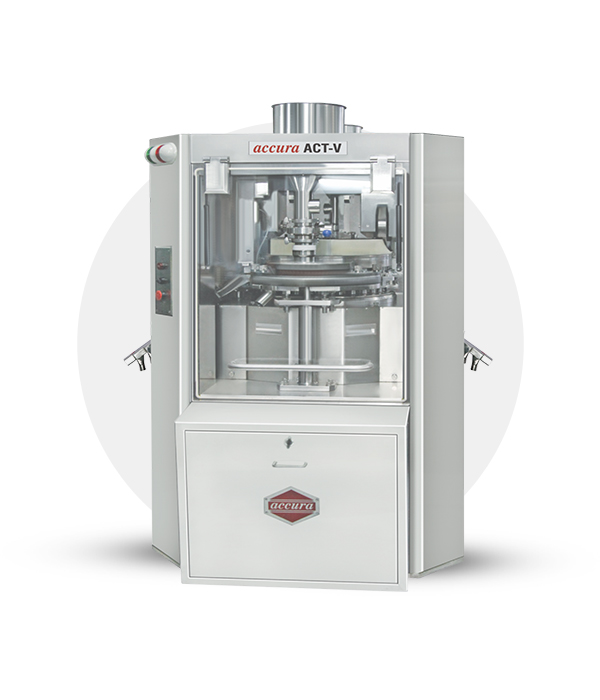Introduction
The pharmaceutical industry has seen remarkable advancements over the years, and one of the crucial aspects of this progress is the development and utilization of tableting machines. These machines are essential for the production of tablets, a popular form of medication delivery. This article delves into the world of tableting machines, focusing on manufacturers and suppliers of tablet press machines. We will explore their significance, types, working principles, key manufacturers, and how to choose the right supplier. Additionally, we will answer frequently asked questions to provide a thorough understanding of the subject.
The Importance of Tableting Machines
Tableting machines are pivotal in the pharmaceutical, nutraceutical, and various other industries for the production of tablets. Tablets offer several advantages, including ease of administration, accurate dosing, and enhanced stability compared to liquid forms. Consequently, the demand for high-quality, efficient tableting machines has surged, leading to advancements in their design and functionality. Tableting machines manufacturers are continuously innovating to meet this growing demand, ensuring that their machines deliver precise and reliable performance. These manufacturers focus on integrating advanced technologies to enhance the efficiency, speed, and accuracy of the tableting process. By investing in cutting-edge tableting machines, companies can optimize their production processes, maintain high standards of product quality, and meet regulatory requirements more effectively.

Types of Tableting Machines
There are several types of tableting machines, each designed to meet specific production requirements. The primary categories include:
- Single-Punch Tablet Press: Also known as an eccentric press, this machine uses a single set of punches and dies to compress the powder into tablets. It is suitable for small-scale production and laboratory use due to its simplicity and ease of operation.
- Rotary Tablet Press: Rotary tablet press is the most common type used in large-scale production. It features multiple sets of punches and dies arranged on a rotating turret, allowing continuous production of tablets. Rotary presses are efficient and capable of producing thousands of tablets per hour.
- High-Speed Rotary Tablet Press: These are advanced versions of rotary presses, designed for ultra-high-speed production. They incorporate sophisticated technologies to ensure uniformity, precision, and high output.
- Multi-Layer Tablet Press: This type of press is used to produce tablets with multiple layers, each containing different ingredients. It is essential for manufacturing combination drugs or tablets with controlled-release properties.
- Effervescent Tablet Press: Specifically designed for producing effervescent tablets, these machines ensure the rapid dissolution of tablets in water, providing an effervescent solution.
Working Principle of Tablet Press Machines
The working principle of tablet press machines involves several key steps:
- Filling: The granulated powder or blend is fed into the die cavity.
- Metering: The correct amount of powder is measured and retained in the die cavity.
- Compression: The upper and lower punches come together to compress the powder into a tablet.
- Ejection: The compressed tablet is ejected from the die cavity.
- Dedusting: Tablets are passed through a dedusting unit to remove any excess powder.
Choosing the Right Tablet Press Machine Supplier
Selecting the right tablet press machine supplier is crucial to ensuring the quality and efficiency of tablet production. Here are key factors to consider:
- Reputation and Experience: Choose suppliers with a proven track record and extensive experience in the industry.
- Product Range: Ensure the supplier offers a variety of machines to meet different production requirements.
- Quality and Compliance: Verify that the machines comply with industry standards and regulations, ensuring high-quality and safe tablet production.
- Technical Support and Service: Opt for suppliers that provide excellent technical support, training, and after-sales service.
- Customization: Look for suppliers that offer customization options to tailor the machines to specific production needs.





